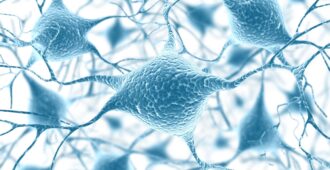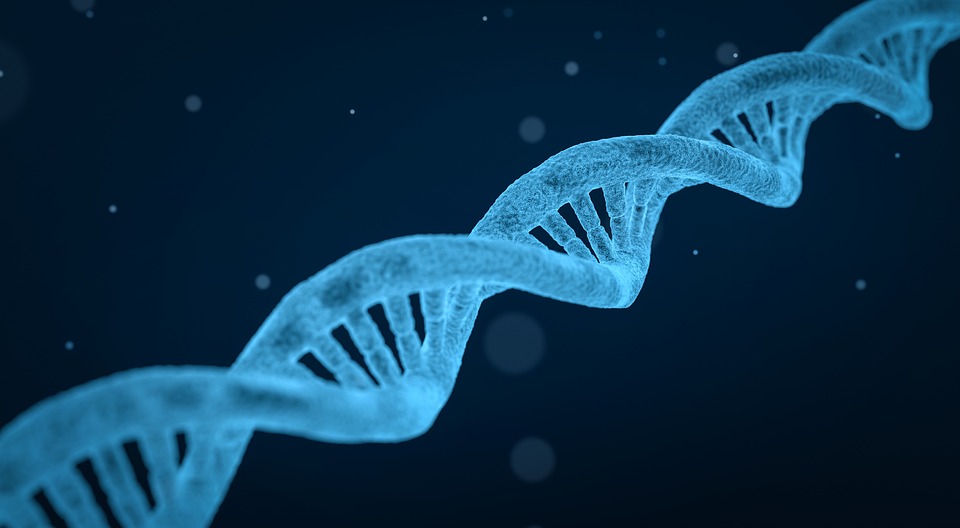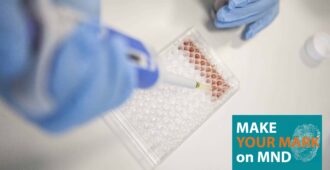At last year’s 21st International Symposium on ALS/MND, we told you about a study which suggested that handedness is linked to the site of onset (Handedness linked to symptom onset – Lessons from a poster presentation). Talking about his research on the Journal of Neurology, Neurosurgery, and Psychiatry podcast, is Dr Martin Turner who’s an MND researcher, clinician and co-director of the Oxford MND Care Centre.
Having MND mentioned on this podcast is not only great awareness of the disease to everybody who listens to it, but it’s also an opportunity for researchers to disseminate their news in a new and exciting format.
In the podcast, Dr Turner discusses that if physical exercise does increase the risk of somebody developing MND, then a person’s handedness may influence the site of onset due to the motor neurones in the handed arm being used more so than the other arm. However, due to people using both feet (generally) equally while standing etc then there would not be a relationship between footedness and side of onset.
To find out if this was true or not, Dr Turner, and colleagues used patientslikeme.com to ask 343 people living with limb onset ALS to complete a questionnaire regarding their site of onset and dominant hand and foot. From their results, they identified that there was a link between the side of onset for people who had upper limb onset MND and their handedness. People with a lower limb onset did not have a relationship between their footedness and side of onset as expected.
Dr Martin Turner features on the podcast for about 10 minutes: Listen to the BMJ podcast now: from 8.58 minutes.





